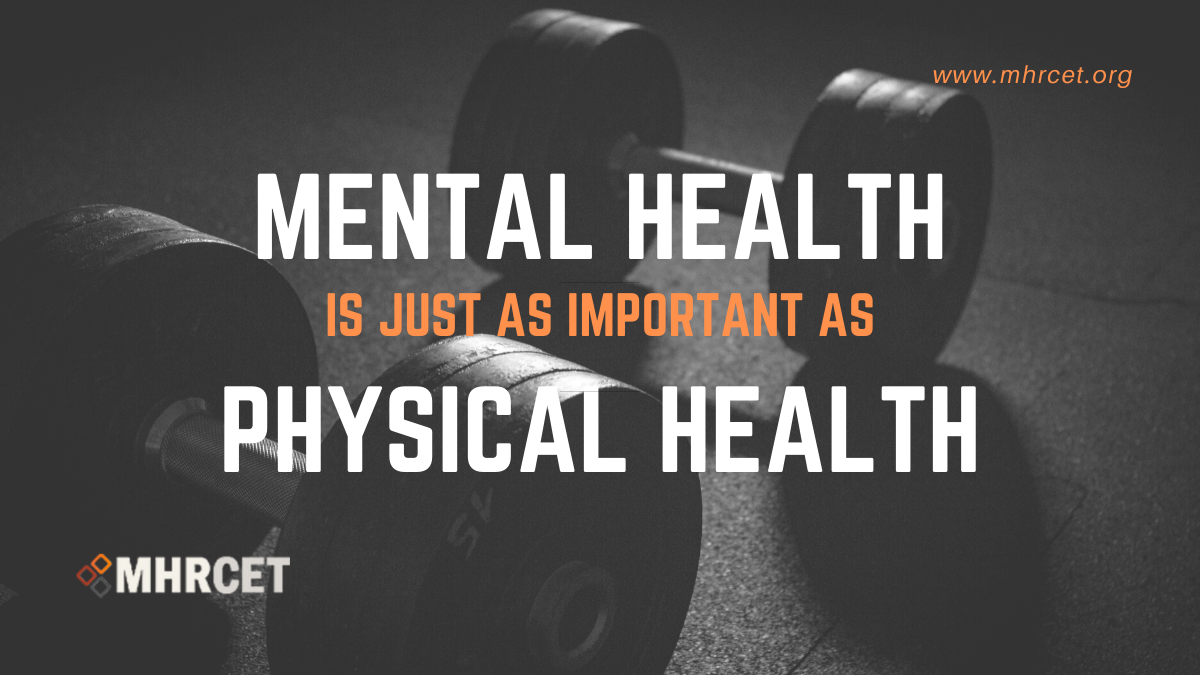In a recent study more than 47 million adults and 4 million youth in the U.S. smoke cigarettes ( 1 out of every 4 adults and high school students). Although charts have shown the decrease in smoking over the years, statistics indicate smoking is still very much a health problem.
Cigarettes continue to cause chronic diseases and death. Taking the lives of 12 million Americans since 1964, smoking costs the nation almost $158 billion each year in medical costs, neonatal care, and cost productivity.
Why is it so hard to quit smoking?
An addictive substance called nicotine reaches the brain faster than drugs that are used intravenously. Therefore, smokers become physically and psychologically addicted.
Difficulty in quitting can stem from the thought of withdrawals, as well as weight gain. But persistence has its rewards.
A decade after quitting smoking, the risk of lung cancer reduces by 50 percent. After 10 years a smoker’s risk is equivalent to a person who has never smoked. Additionally, ulcer and heart disease decrease, along with kidney, cervical, esophageal, and pancreatic cancer.
Quitting Tips
- Wean the craving of smoking by replacing some of the nicotine with a patch applied to your skin, a nicotine gum, nicotine lozenge, nicotine inhaler or a nasal spray.
- Take a smoking cessation medication 7 to 12 weeks, preceded by one week prior to quitting is recommended.
- List the importance of your desire to quit smoking and follow through
- Eat regular meals without indulging in too many sweets or candy
- Talk with a family member or friend who will support and encourage you
- Discuss with your health care provider or physician ways to stay stop and stay smoke free
- Enroll in a smoking cessation program at a local community center, hospital, or health site
- Read and learn about self-hypnosis techniques
- Incorporate more exercise into your daily routine, including walking and bike riding
Note: Don’t get discouraged if you are unable to quit smoking on your first attempt. Nicotine addiction is a difficult task requiring perseverance. Develop new strategies and keep moving forward with your plan and objective to quit.
Quitting Signs – What to Expect When Symptoms Arise
- Headaches
- Difficulty concentrating
- Drowsiness and difficulty sleeping
- Irritability or depression
- Intense craving for nicotine
- Increased appetite and weight gain
- Frustration, impatience, anxiety or tension
Keep in mind, the longer you smoked and the number of cigarettes will determine the severity of the symptoms.














